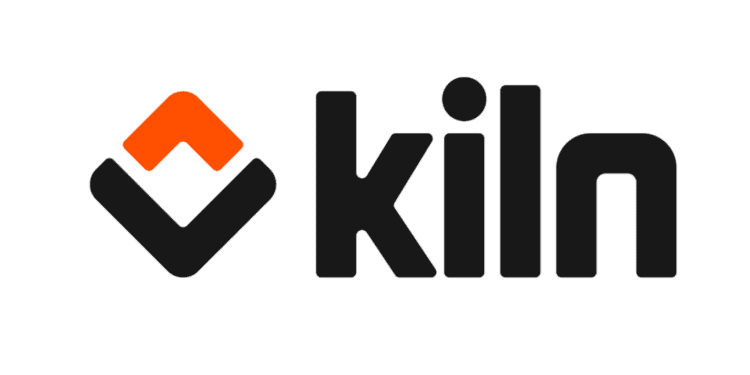Ethereum staking-as-a-service startup Kiln, on Monday, announced the close of its Series A funding round, which raised €17 million ($17.6 million) from a group of investors.
The Paris-based crypto firm rewards customers for helping to secure the Ethereum blockchain and intends to use the funds to expand the current staking product range and infrastructure.
The funding round, led by Illuminate Financial and, saw the participation of other notable crypto investors, including; ConsenSys, Kraken Ventures, GSR, Leadblock Partners, XBTO, Sparkle Ventures, with renewed participation from its existing investors, Blue Yard Capital, SV Angel, 3KVC, and Alven among others.
Laszlo Szabo, CEO, and Co-founder of the company, stated:
“I am thrilled to close a robust funding round with respected investors in the crypto space, enabling us to build out the next-generation market standard in staking technology. At Kiln, providing enterprise-grade infrastructure to institutional users is critical, enabling our customers to create new opportunities for their users. We thank our new and existing investors for their partnership.”
Klin currently holds over $500 million of assets under its management, and the firm believes in the exponential growth of staking services after the Merge.
Staking means locking up crypto assets on a proof-of-stake blockchain like Ethereum to help support the blockchain’s operations and getting rewarded for doing so via proceeds from transaction verifications.
Ethereum changed its algorithm from proof-of-work to proof-of-stake (The Merge) in September, and at this time, only 12.5% of ETH supply is staked compared to 50-80% of other POS assets. The market value for ETH tokens will exceed $70 billion if half of the available ETH tokens are staked. Ethereum has offered investors an attractive 6-7% return rate since the Merge.
According to Ciaran O’Leary, co-founder of Blue Yard Capital which invested in Kiln for the second time, “Staking is going to be one of the core fabrics of the entire crypto industry.”
The Staking Industry Should be Institutionalized
The Crypto Startup firm believes that the staking industry is becoming more institutionalized; therefore, it must move beyond just running validators to suit the growing customer needs to spread risk.
For Kiln, this entails creating validator-agnostic APIs and services to enable multi-provider staking. This will, in turn, allow digital assets to be staked wherever they are held: wallet, custodian, or trading platforms.
The company stated, “as the industry evolves and the need to integrate multiple staking players proves real, Kiln is in an ideal position to play the aggregator role and accelerate it.”
Kiln’s Validator-Agnostic Staking Stack
Kiln has already developed several innovations tailored to suit investors and provide the best staking options with health incentives. For example, the firm recently introduced Ethereum staking on Ledger Live. And the team presently offers a variety of solutions for the staking industry. This includes:
- Kiln Connect: Provides a single SDK to integrate staking, reward data, and your custodian on all major PoS blockchains
- Kiln On-Chain: Provides smart contracts for seamless ETH staking, any amount of ETH, and automated rewards management
- Kiln Dashboard: Provides a 1-click staking dashboard, administration interface, reporting, and data exporting
- Kiln Validators: This is a suite of shared validators with enterprise-grade SDSs, deployed on our multi-cloud Kubernetes infrastructure.
Some of Kiln’s customers include industry-leading crypto companies like Binance US, GSR, and Ledger.
In reacting to the development, Benoît Bosc, GSR’s global head of product, noted, “Having used Kilin’s infrastructure to stake our treasury and in the future to offer to our clients, our company’s mission is perfectly aligned. We are delighted to be able to participate in the next stage of Kiln’s development and to contribute to making staking easier and more accessible to everyone.”
Kiln aims to strengthen its dominating presence in the staking industry by placing itself in a favorable position to grow the sector despite the current turbulent market conditions.














